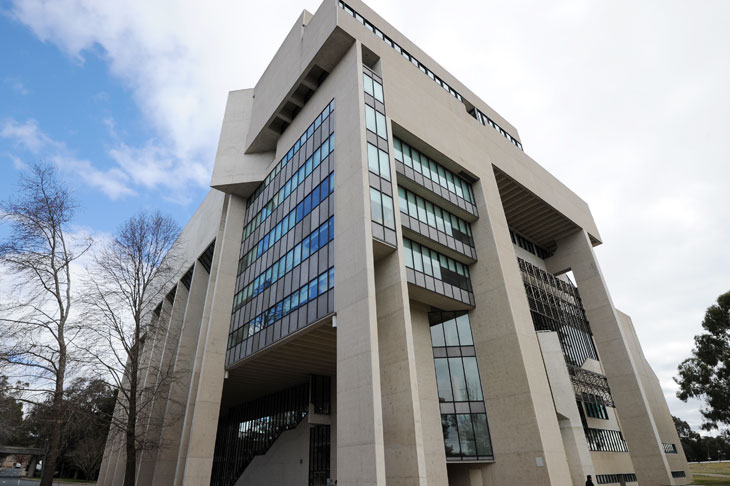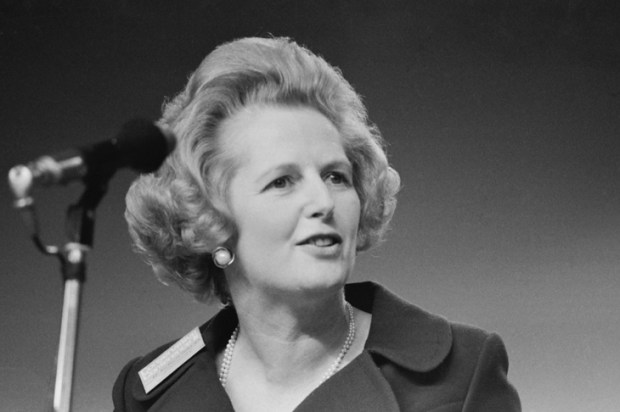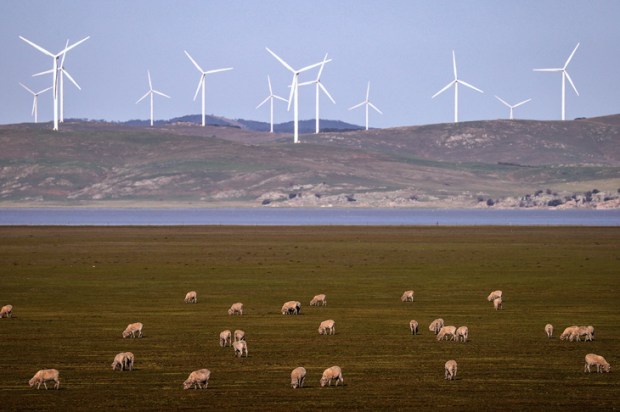My family and I arrived in Australia in January of 2005. So I’ve been here nearly two decades now. As it happens, the very last peer-reviewed legal article I wrote before moving here was for an Australian law review. It was on the Al-Kateb case. That was the 2004 High Court of Australia 4-3 decision that rejected the appellant’s argument that he should be released from detention because the Migration Act did not authorise what could turn out to be indefinite detention.
Already a subscriber? Log in
Subscribe for just $2 a week
Try a month of The Spectator Australia absolutely free and without commitment. Not only that but – if you choose to continue – you’ll pay just $2 a week for your first year.
- Unlimited access to spectator.com.au and app
- The weekly edition on the Spectator Australia app
- Spectator podcasts and newsletters
- Full access to spectator.co.uk
Unlock this article
You might disagree with half of it, but you’ll enjoy reading all of it. Try your first month for free, then just $2 a week for the remainder of your first year.














Comments
Don't miss out
Join the conversation with other Spectator Australia readers. Subscribe to leave a comment.
SUBSCRIBEAlready a subscriber? Log in